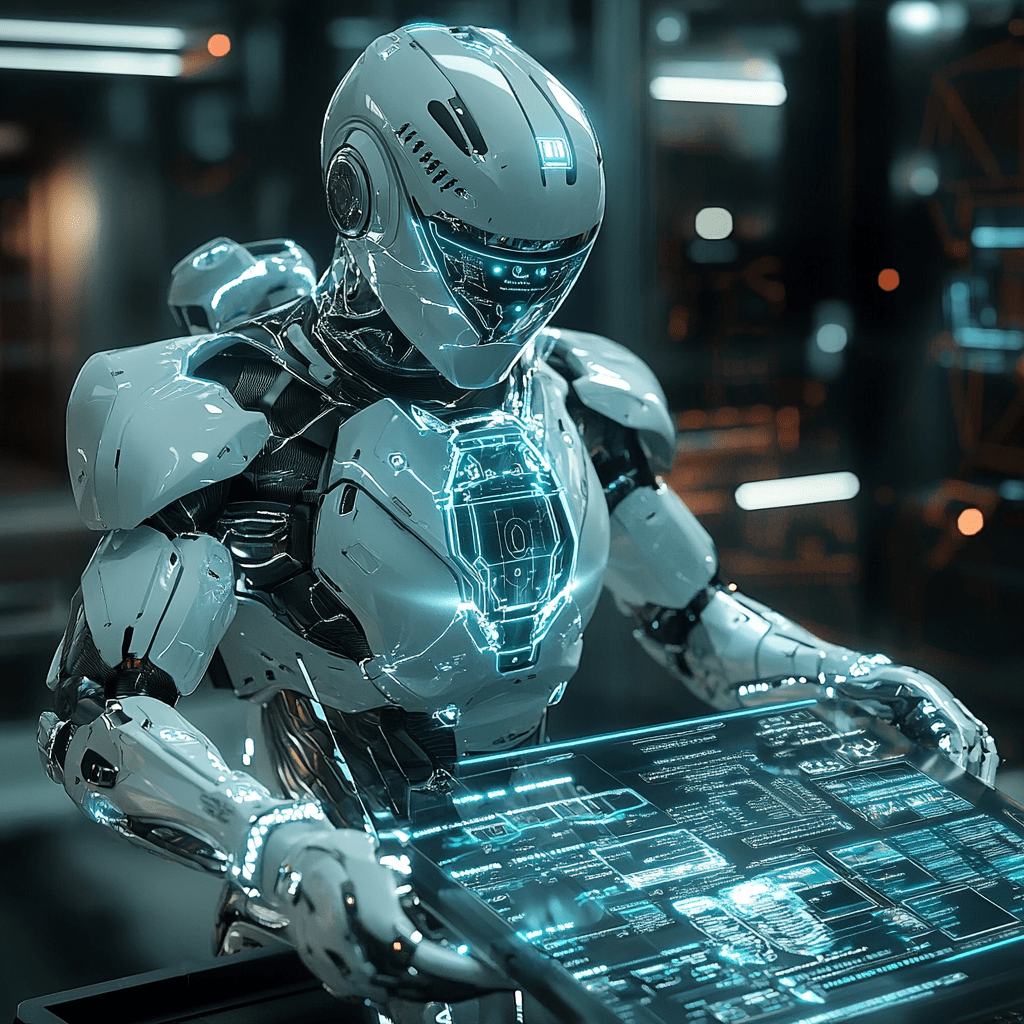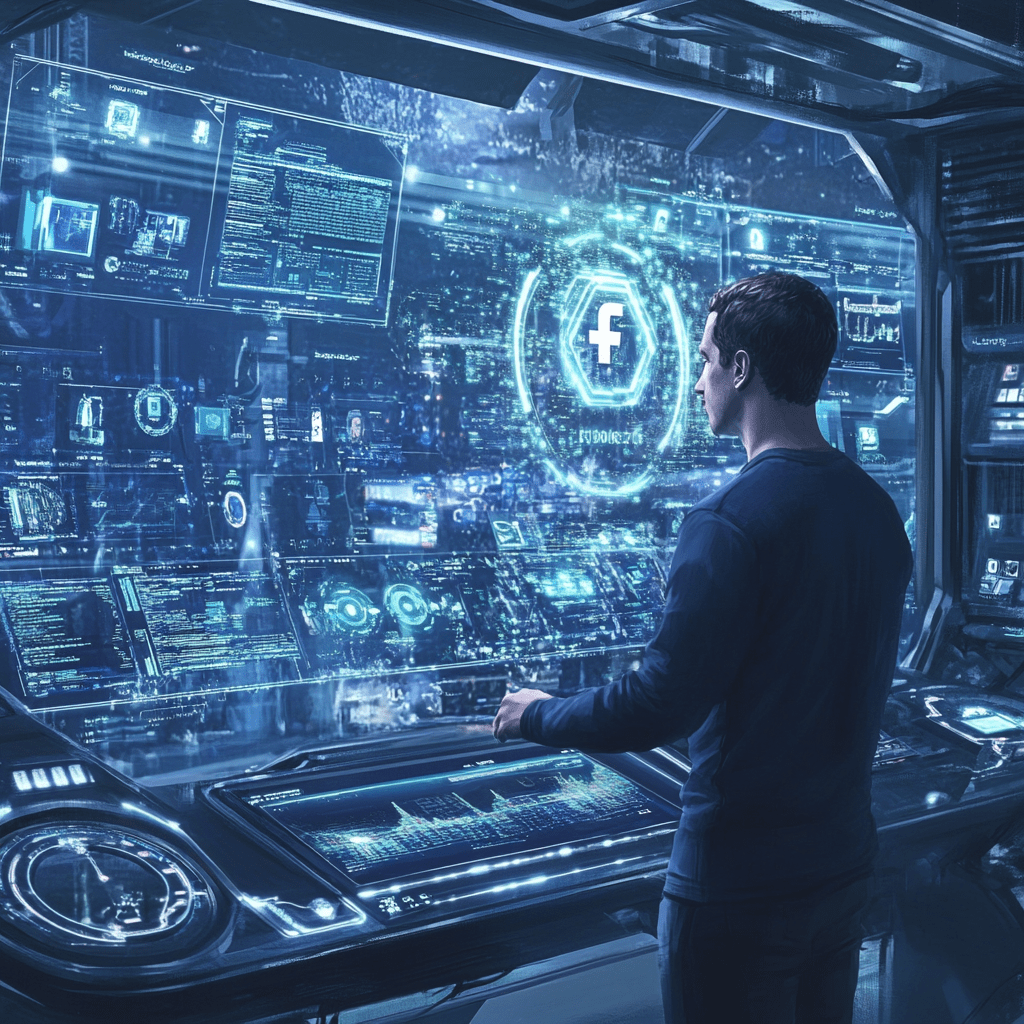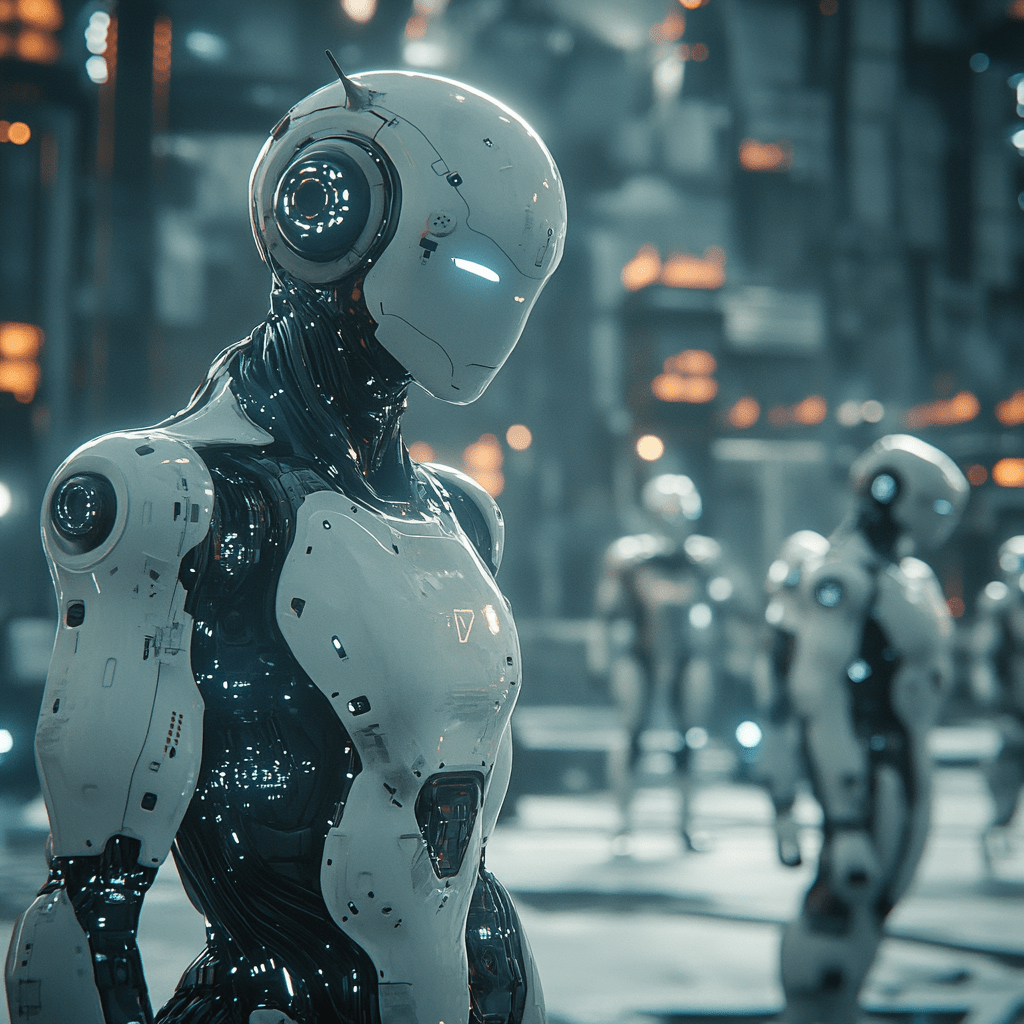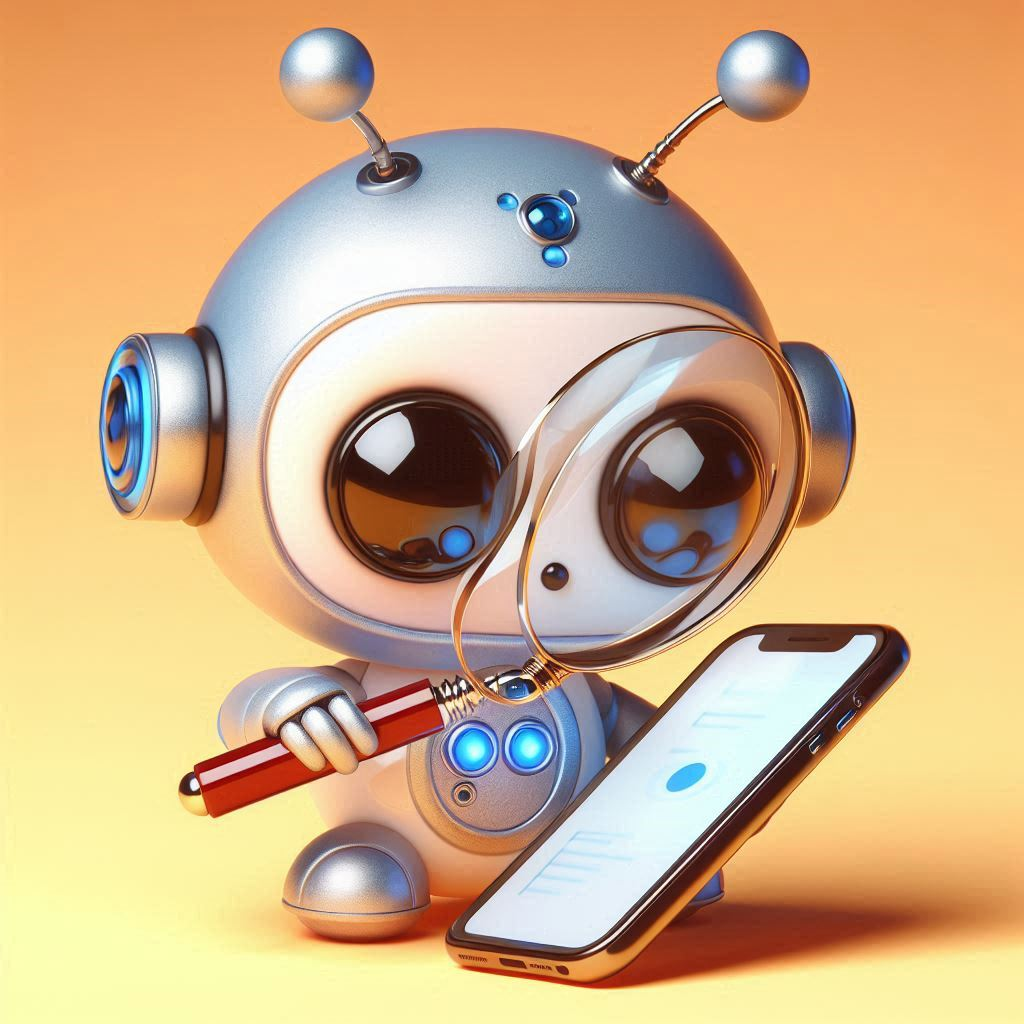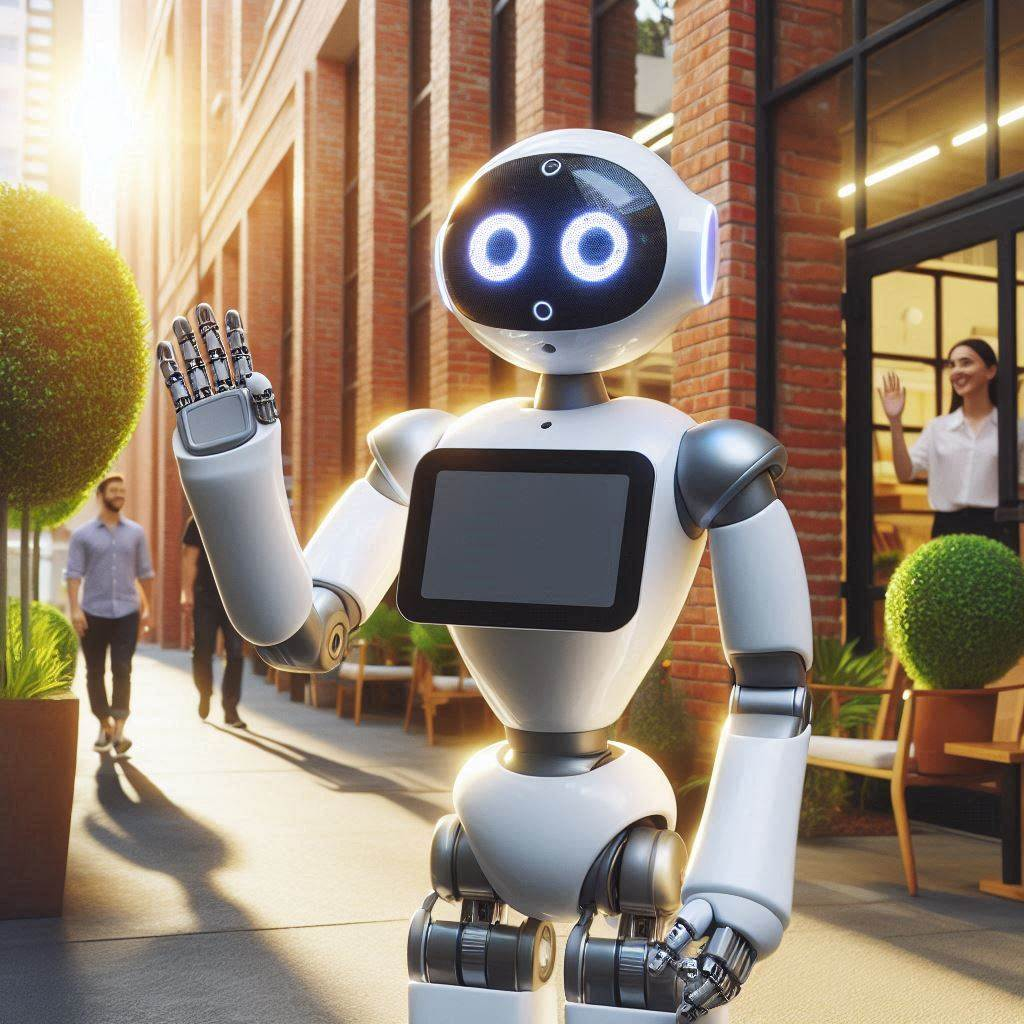AI PC Evolution and Microsoft’s Plans
The evolution of technology is a relentless march forward, with each passing year bringing new advancements that redefine the capabilities of our devices. In January of this year, Microsoft made a bold declaration, dubbing 2024 as the “year of the AI PC.” This proclamation hinted at a future where artificial intelligence (AI) would play a central role in the functionality of personal computers, promising a new era of innovation and productivity. But what exactly does this mean for the average user?

To understand the implications of the AI PC, we must first examine the underlying hardware components that enable it. One key feature is the inclusion of a neural processing unit (NPU), a specialised component designed to accelerate AI and machine learning tasks. Unlike traditional CPUs and GPUs, NPUs are specifically optimised for handling these workloads, offering improved performance and energy efficiency.
Microsoft’s vision for the AI PC also encompasses the integration of its Copilot AI assistant directly into the hardware. This includes the introduction of a dedicated Copilot key on PC keyboards, signalling a shift towards a more seamless and intuitive user experience. By embedding AI functionality at the hardware level, Microsoft aims to enhance the capabilities of its software ecosystem, empowering users to accomplish more with their PCs.
The transition towards AI-powered computing is not limited to Microsoft alone. Chipmakers like Intel, AMD, and Qualcomm are all investing in NPUs, recognizing their potential to revolutionise the way we interact with technology. Intel, for example, has introduced its Meteor Lake processors, boasting impressive AI performance capabilities. Similarly, Qualcomm’s upcoming Snapdragon X processors promise even greater processing power, further fueling the momentum behind the AI PC movement.
But what exactly can users expect from these AI-infused systems? One immediate benefit is improved privacy and security, as AI tasks can be performed locally on the device without relying on cloud-based servers. This not only reduces latency but also minimises the risk of sensitive data being transmitted over the internet.
Furthermore, the integration of NPUs opens up a wealth of possibilities for developers, enabling them to create AI-enhanced applications that leverage the full potential of the hardware. From image and speech recognition to real-time translation and transcription, the AI PC promises to transform how we interact with our digital environment.
However, widespread adoption of AI technology is not without its challenges. Despite the rapid progress being made in hardware development, NPUs remain primarily confined to high-end and niche market segments. This disparity in availability could hinder the widespread adoption of AI features, as developers may hesitate to invest in functionalities that are not universally accessible.
Nevertheless, industry leaders remain optimistic about the future of the AI PC. Microsoft, in partnership with Intel and other hardware manufacturers, is committed to driving innovation in this space, with plans to introduce new AI features and capabilities in the coming years. From improved battery life to enhanced performance, the potential benefits of AI-driven computing are too significant to ignore.
As we look ahead to the rest of 2024 and beyond, it’s clear that the AI PC represents a significant milestone in the evolution of personal computing. With AI becoming increasingly integrated into our daily lives, the possibilities for innovation are endless. Whether it’s through smarter productivity tools, more immersive entertainment experiences, or enhanced security features, the AI PC promises to reshape the way we interact with technology for years to come.
As we delve deeper into the realm of AI-powered computing, it’s essential to consider the broader implications of this technological shift. Beyond the immediate benefits of improved efficiency and convenience, the AI PC has the potential to drive significant societal changes.
One area where AI technology holds promise is in healthcare. With the ability to analyse vast amounts of medical data and assist in diagnosis and treatment decisions, AI-powered systems could revolutionise the way healthcare is delivered. From early disease detection to personalised treatment plans, AI has the potential to save lives and improve patient outcomes.
Similarly, in education, AI-powered tutoring systems could provide personalised learning experiences tailored to each student’s unique needs and abilities. By adapting lessons in real-time based on student performance and feedback, these systems could help address the challenges of individualised instruction in traditional classroom settings.
The impact of AI extends beyond individual users to businesses and industries as well. From streamlining manufacturing processes to optimising supply chain management, AI-driven solutions have the potential to increase efficiency and drive innovation across a wide range of sectors. By automating routine tasks and providing valuable insights from data analysis, AI technology can empower businesses to make more informed decisions and stay ahead of the competition.
Of course, along with the potential benefits of AI come concerns about ethics, privacy, and equity. As AI systems become more integrated into our daily lives, it’s essential to ensure that they are developed and deployed responsibly. This includes addressing issues of bias and discrimination in AI algorithms, as well as safeguarding individuals’ privacy rights.
Furthermore, as AI technology continues to advance, there is a growing need for skilled professionals who can develop, implement, and maintain these systems. Investing in education and training programs to cultivate a diverse workforce with expertise in AI and related fields will be crucial to realising the full potential of this technology.
In conclusion, the AI PC represents a significant step forward in the evolution of computing, with the potential to transform how we work, learn, and live. By harnessing the power of AI, we can unlock new opportunities for innovation and discovery while addressing some of the most pressing challenges facing society today. As we embrace this new era of computing, let us do so with a commitment to responsible development and a focus on creating a future that benefits all.
The AI PC promises to revolutionise not only how we interact with our devices but also how we navigate the complexities of our increasingly interconnected world. From healthcare and education to business and beyond, AI technology has the potential to drive innovation, improve efficiency, and enhance the quality of life for people around the globe.
However, as we embrace the opportunities afforded by AI, we must also confront the challenges that come with it. Issues of ethics, privacy, and equity must be carefully considered and addressed to ensure that AI technology is used responsibly and ethically. This includes mitigating the risk of bias in AI algorithms, safeguarding individuals’ privacy rights, and promoting diversity and inclusion in the development and deployment of AI systems.
Moreover, as AI continues to evolve, there is a pressing need for investment in education and training programs to cultivate a skilled workforce capable of harnessing the full potential of this technology. By empowering individuals with the knowledge and skills needed to thrive in an AI-driven world, we can ensure that everyone has the opportunity to benefit from the promise of AI technology.
In the coming years, the AI PC will continue to reshape our understanding of what is possible, pushing the boundaries of innovation and discovery in ways we have yet to imagine. As we embark on this journey, let us do so with a spirit of curiosity, collaboration, and responsibility, working together to create a future that is not only technologically advanced but also ethically sound and inclusive for all.
for all my daily news and tips on AI, Emerging technologies at the intersection of humans, just sign up for my FREE newsletter at www.robotpigeon.be

